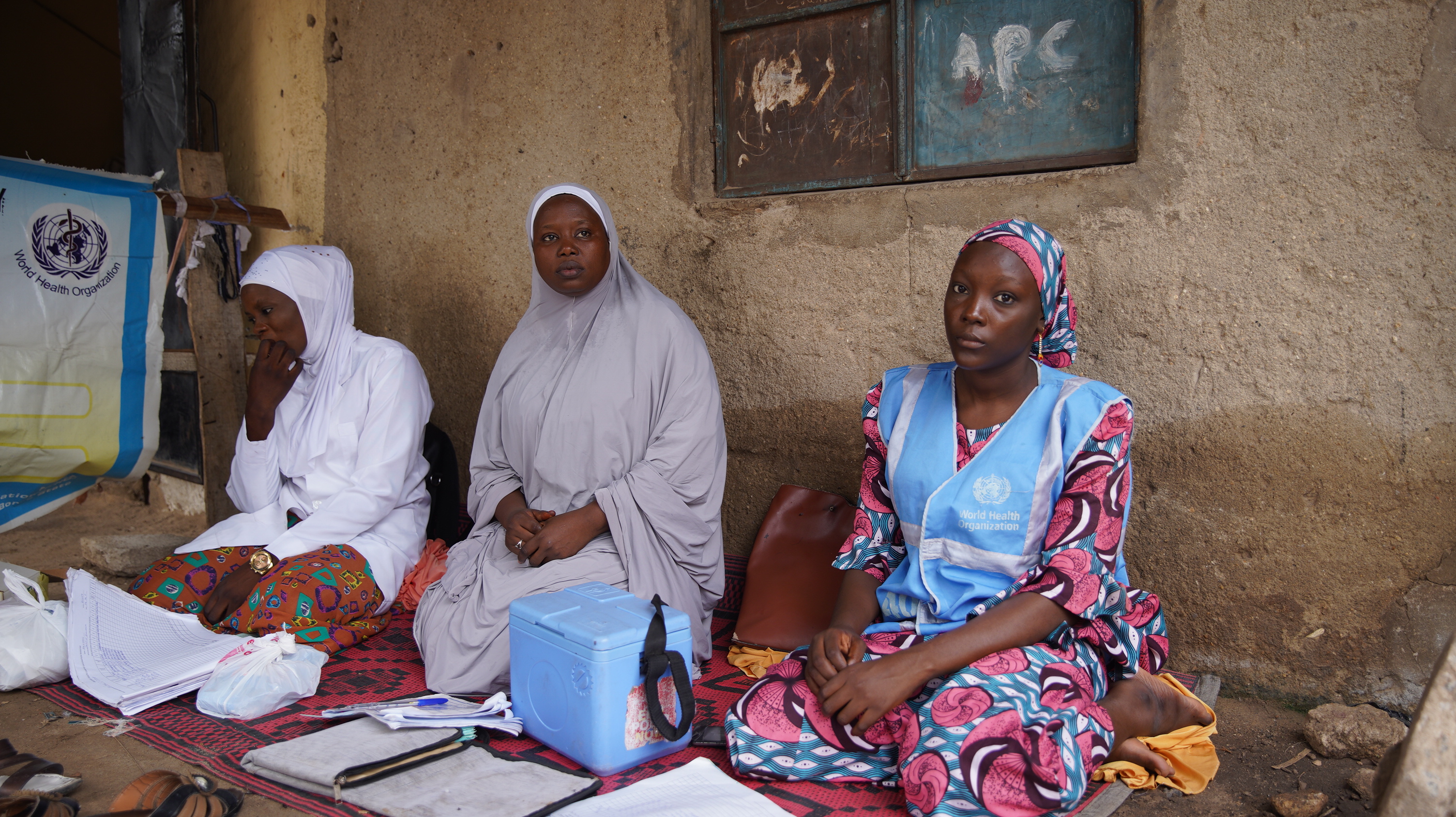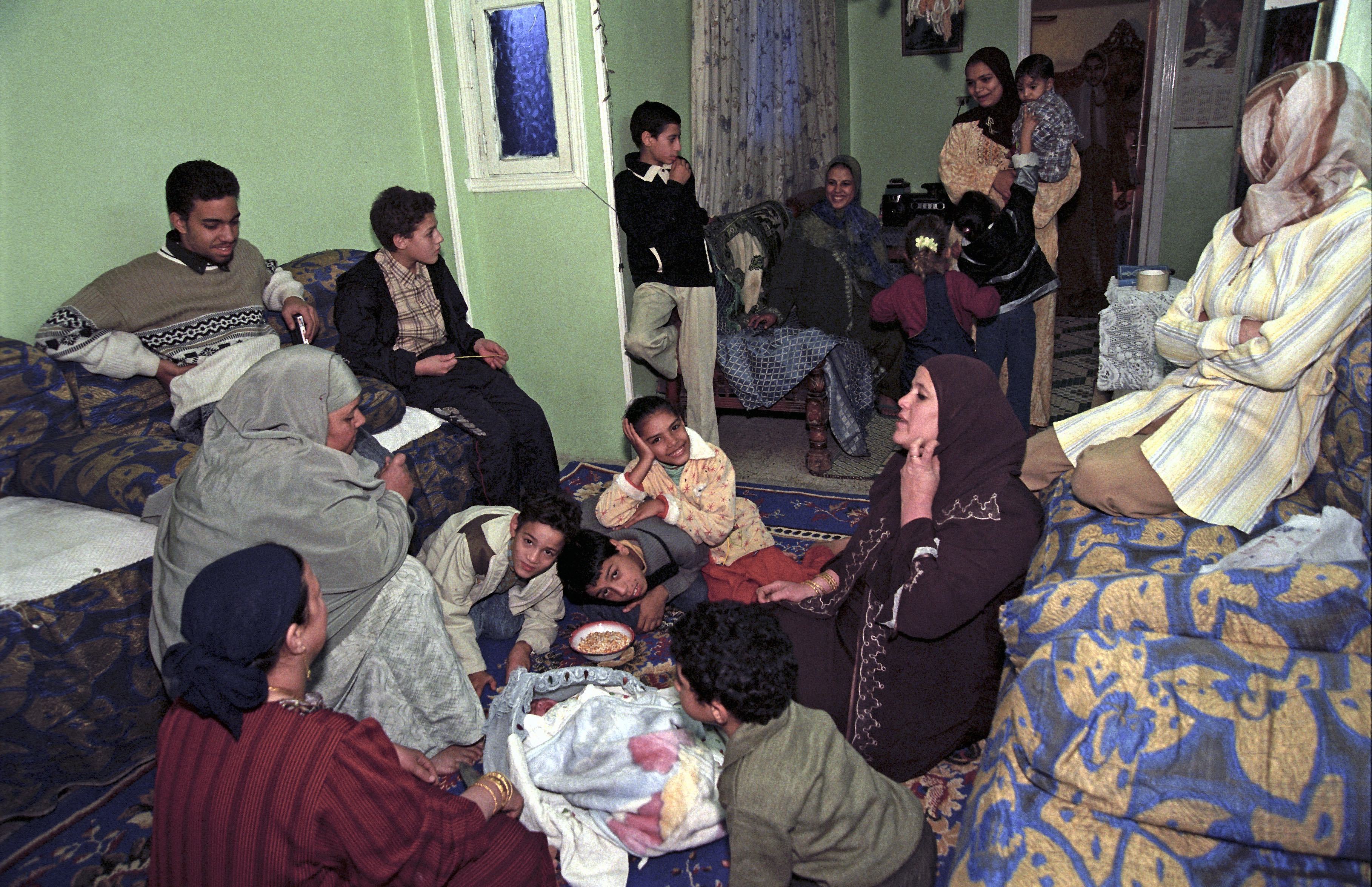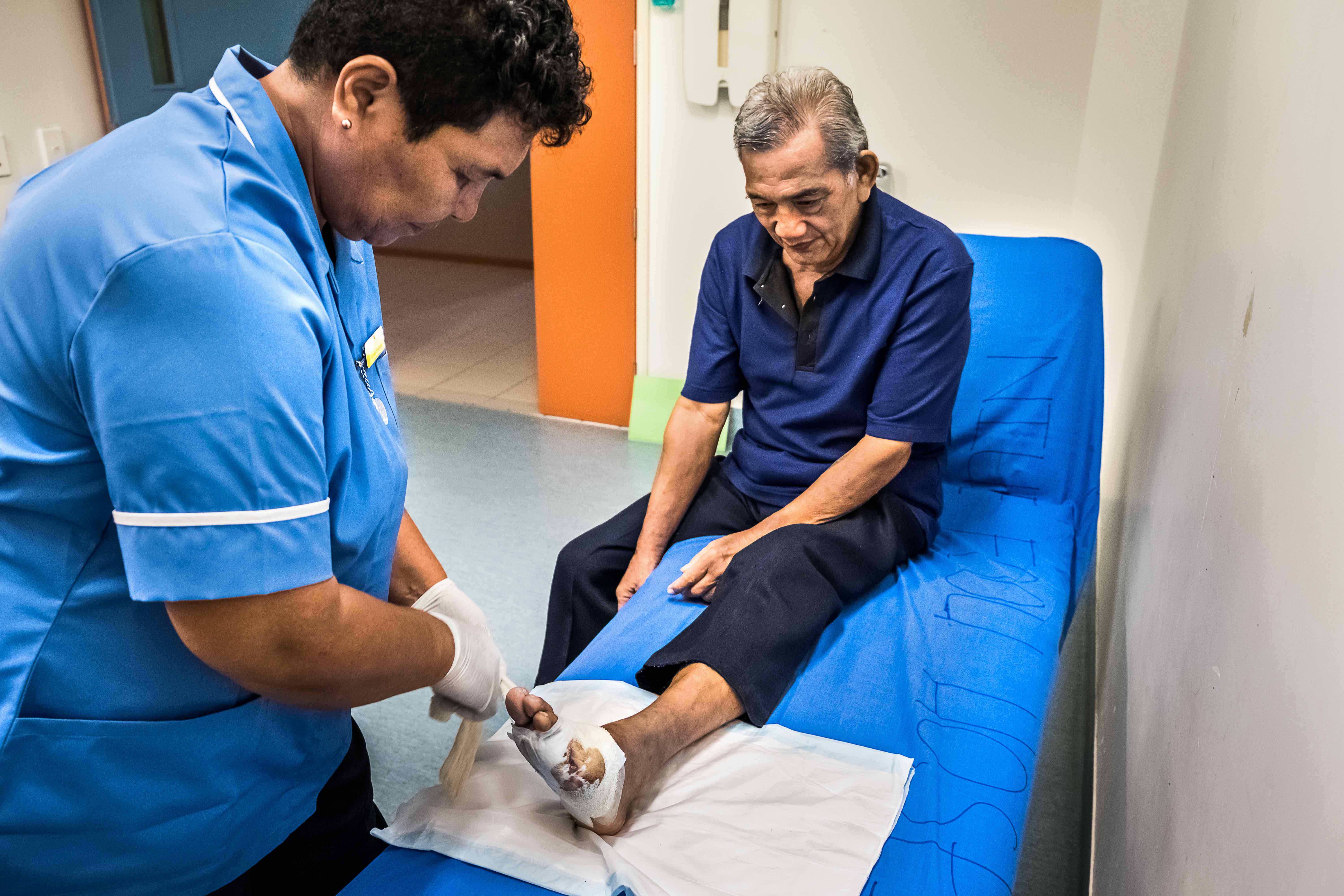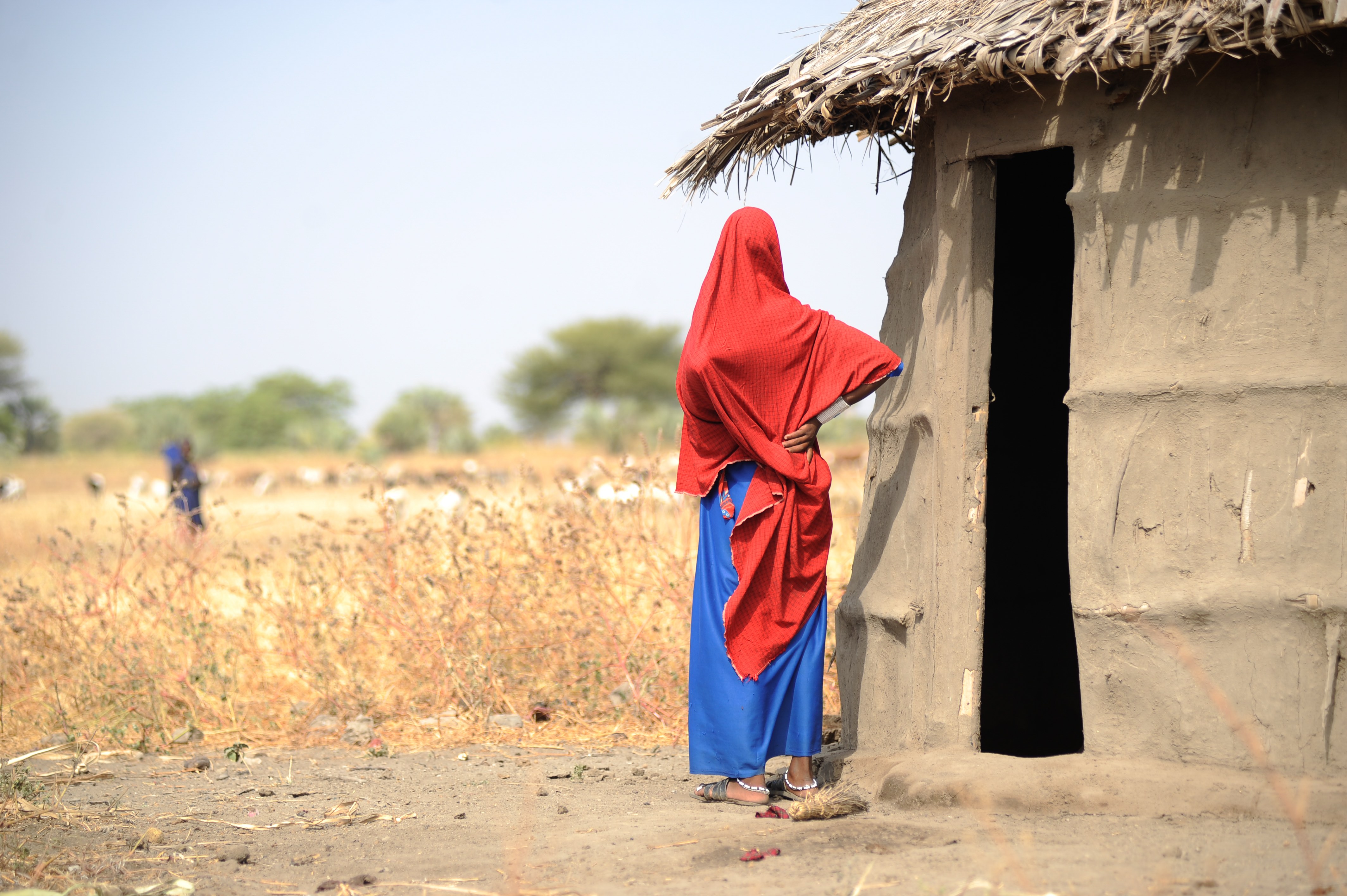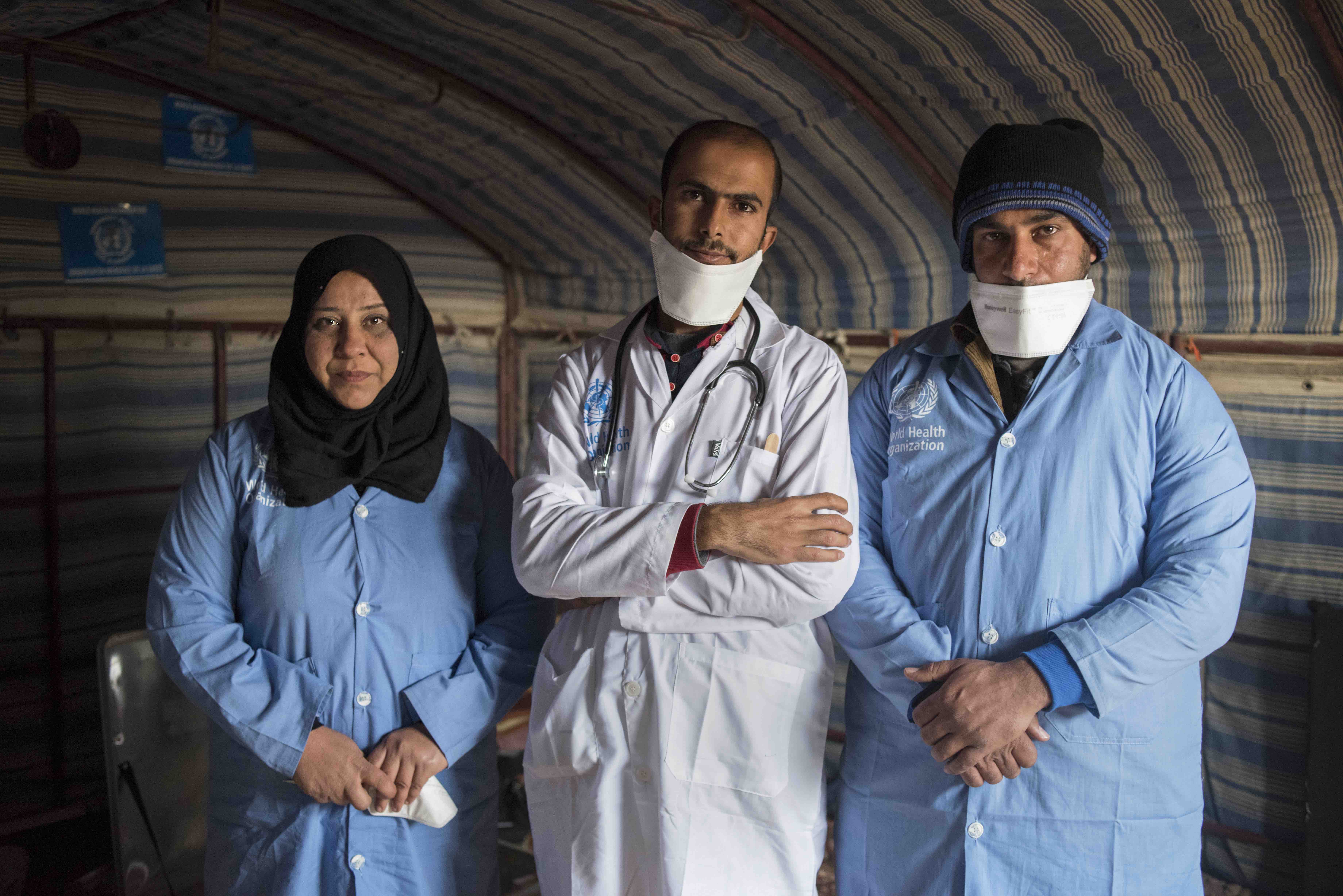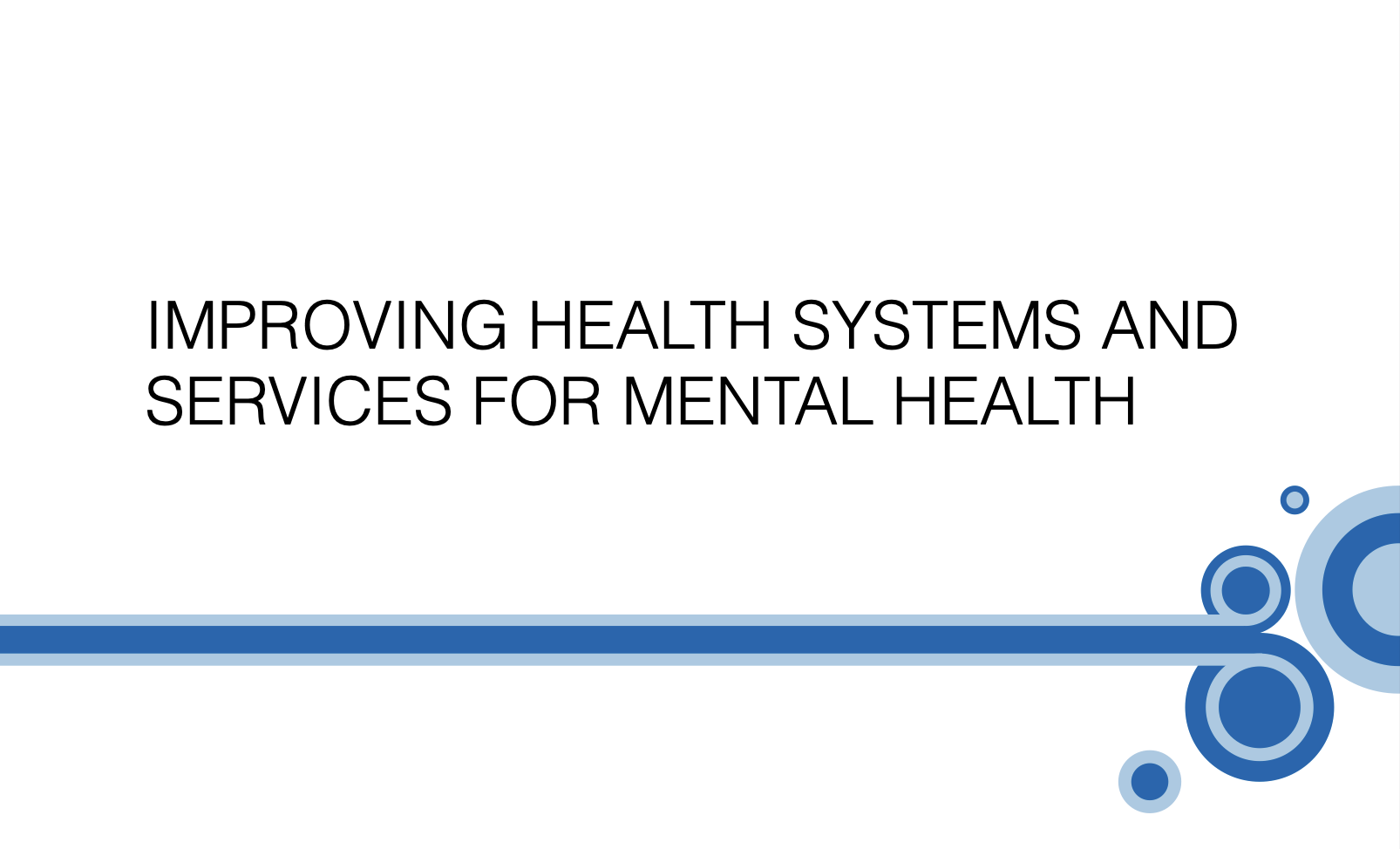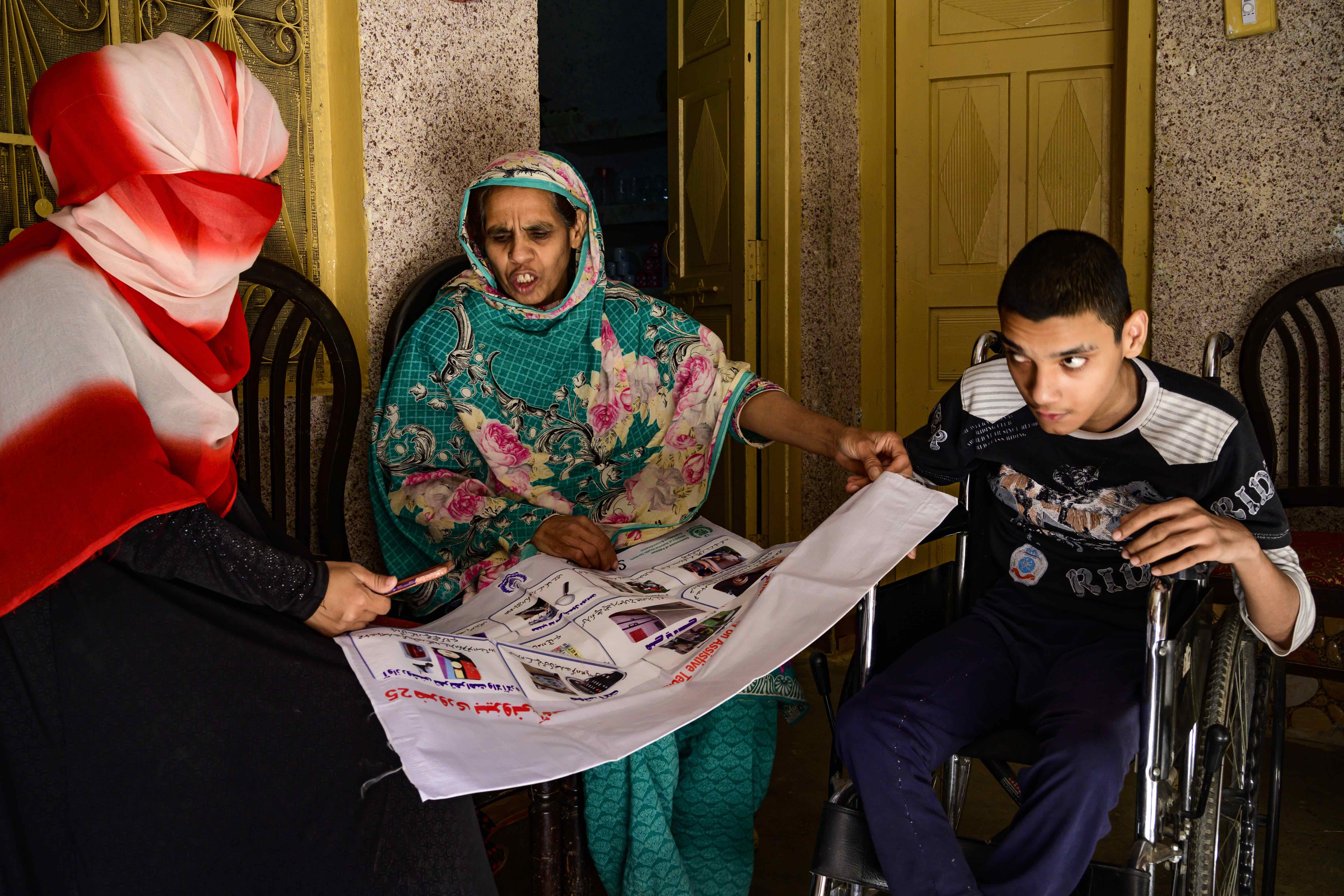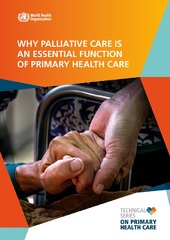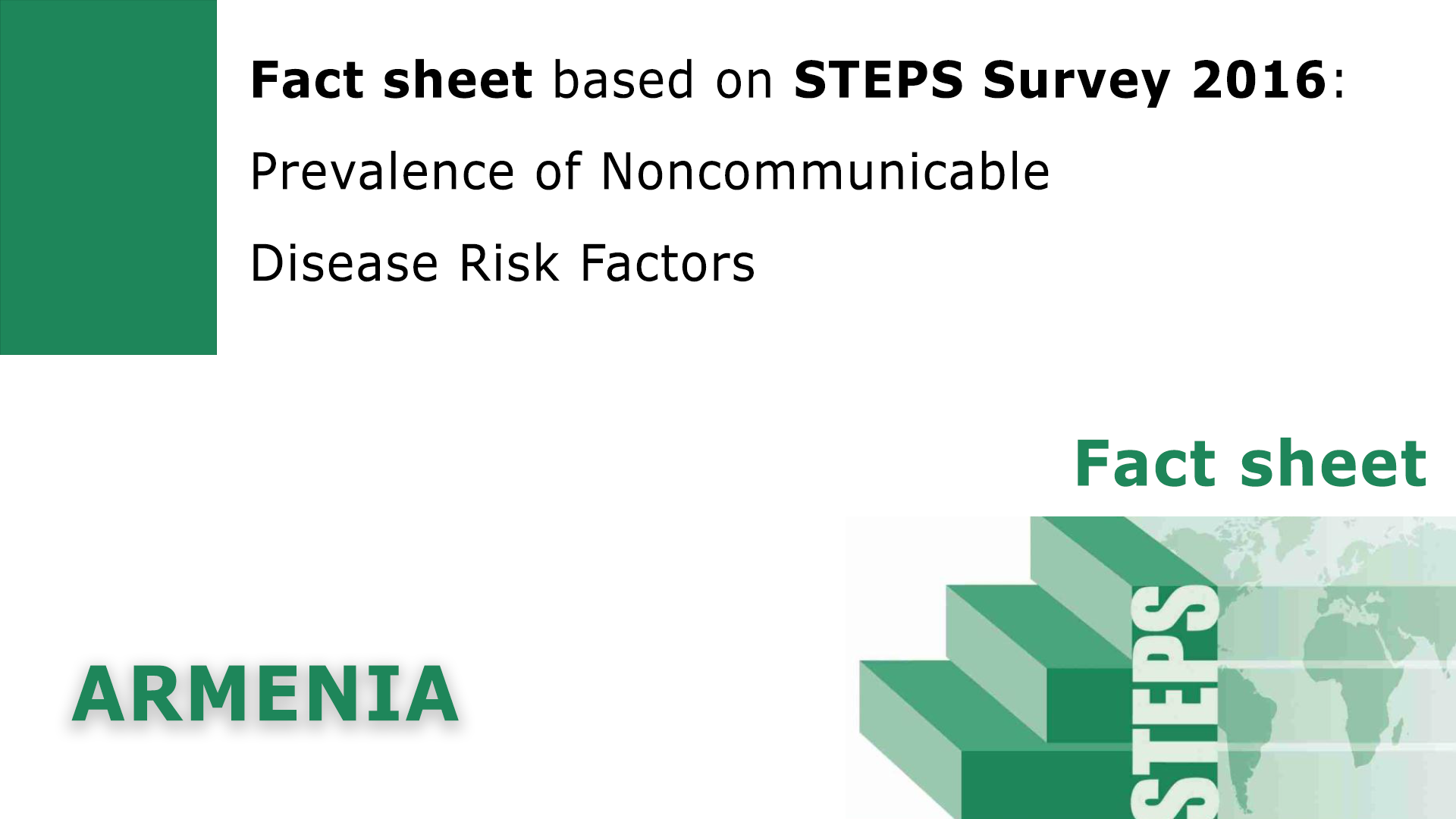WHO Regional Office for Africa
Community health worker programmes in the WHO African region Policy brief
Briefs & Fact Sheets
17 Oct 2018
This policy brief is to inform discussions and decisions in the World Health Organization (WHO) African Region on policies, strategies and programmes to increase access to primary health care (PHC) services and make progress towards universal health...

